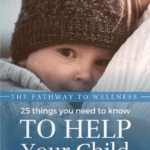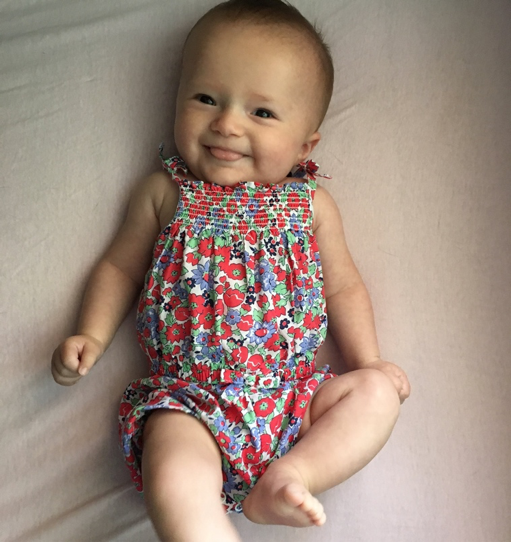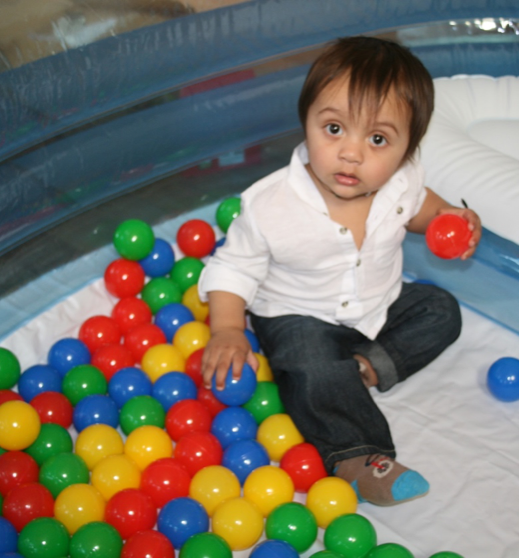Dx Post Natal Hypoxia: Matias Success Story
Poor Health and Language Development make the life of little Matias very difficult
Father tells the story of his son’s journey from birth to the present
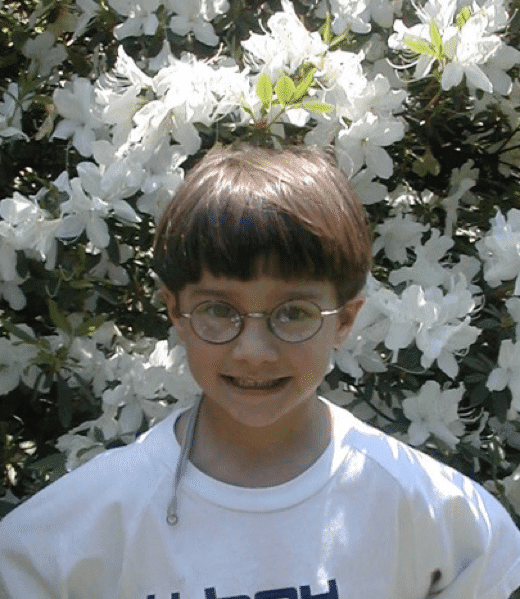
Matias, our second child, was born beautiful and perfect in our eyes. Despite being a month premature, his APGAR score was 9 and 9.
When he was three weeks old, he suffered a hypoxic accident. We don’t know, if it was that he had a terrible pneumonia, or that he aspirated. This accident passed as a bad memory, and our family went on, as if it had never happened. Matias behaved exactly as you would expect for a baby.
At age two Matias could not speak and had trouble retaining information
At his first birthday, he started to develop a peculiar babbling, but he was unable to speak complete words. We let time pass because we thought it was normal. He was eager to talk but we were not able to understand him which frustrated him greatly. Only his brother seemed to understand some of his sounds, and he became his “translator.” After his second birthday, we were very concerned, not only because he could not speak, but because he was not able to retain information. He was unable to learn the names of colors, animals, etc.
No school would admit him.
Then came the neurologists, audiologists, and speech therapists, but nothing seemed to work. There was no change after more than a year of different therapies.
We were very disturbed not only because there was no progress, but also because Matias’ health was very poor, particularly his respiratory system.
We stubbornly kept trying different doctors and different therapies, until one day, in one of many waiting rooms, Ale met a man that claimed that his son used to babble just as Matías did. His wife had found some “Institutos” in Philadelphia with a method that had helped. The bell rang when the man mentioned Glenn Doman. Ale, a graduate in psychology, remembered the name associated with Down Syndrome and cerebral palsy, but had never occurred to her that it might help Matías.
After some Internet searching and glancing at the What To Do About Your Brain-Injured Child book, Ale feared that Matías might have had a brain injury and not just speech impairment. All she had learned at school might have to be trashed!
After taking the course our lives changed forever.
Ale enrolled in the What To Do Course in Aguascalientes, Mexico. A staff member told her that the week could be the most important one in Matías’ life. He was so right. After that week our lives changed forever.
Our son brain injured? I was skeptical, shocked and in denial.
I was pretty skeptical after Ale came back from Aguascalientes and told me that in her opinion Matías had a brain injury in the middle and superior cortex. It sounded awful and I was shocked and in denial. Yet, when Ale decided to stop her practice, and all other activities, to work with Matías at home, I knew she meant business. We readily gave up the idea of a school for our son, and Ale started a program with some guidance from The Institutes.
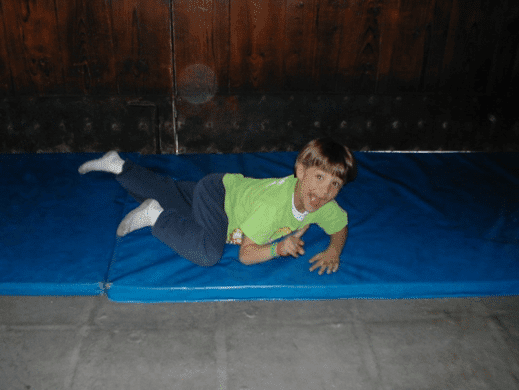
After six months we had our first conference call with The Institutes. Ale’s program was working very well! Matías, age 3 was starting to say his first words! The improvement was awesome! Ale’s next step was to go to Philadelphia and continue with the next step.
We finally started to sleep normally.
However, The Institutes required that I take the course and get “certified” as well. So off we went and took Matías for a proper evaluation. Ale and I began the Intensive Treatment Program at home, and Matías had a staff advocate.
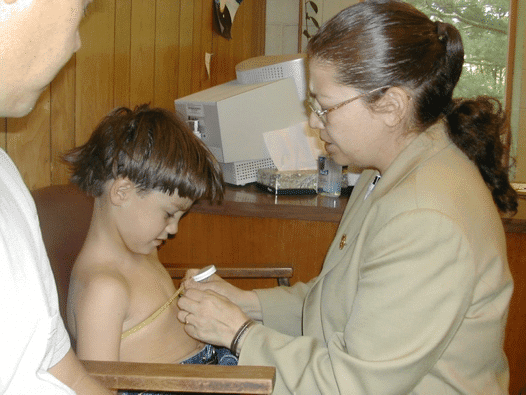
We finally started to sleep normally, with hope in our hearts and the conviction that we were doing all we could to help our hurt child.
We had a strict schedule – it was tough.
Back in Mexico our family dynamics changed completely. We had a strict schedule and worked with and loved our child 24/7, for over four years. It is easier said than done. It was tough. Truth is, that without the help of our extended family, completing the programs wouldn’t have been possible.
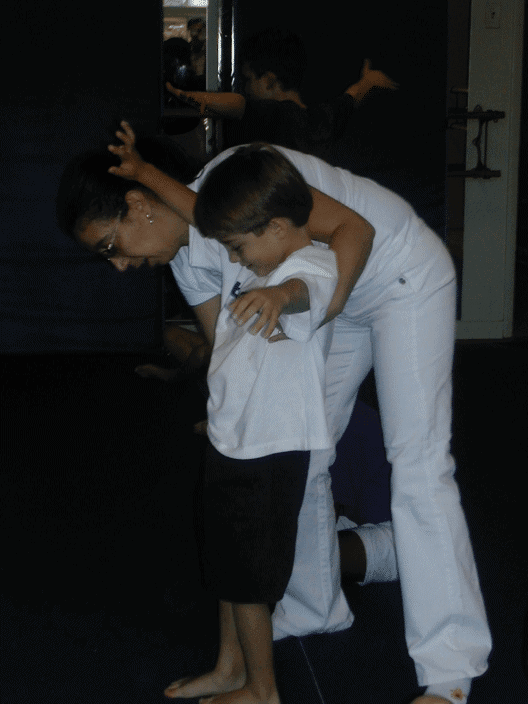
Day in and day out Matias’ older brother completed the last miles of creeping and crawling with him every day.
Grandma and Grandpa helped in many ways; cousins and friends made Bits of Intelligence cards, aunts and uncles helped with the physical program, but Ale did the brunt of the program. She kept the diet in strict order and checked the respiratory patterning vest during long nights. Our son Fabian was “the sweeper.” Day in and day out he completed the last miles of creeping and crawling along with his brother – the hardest task of all! He played naturally and made everyone else’s life easier.
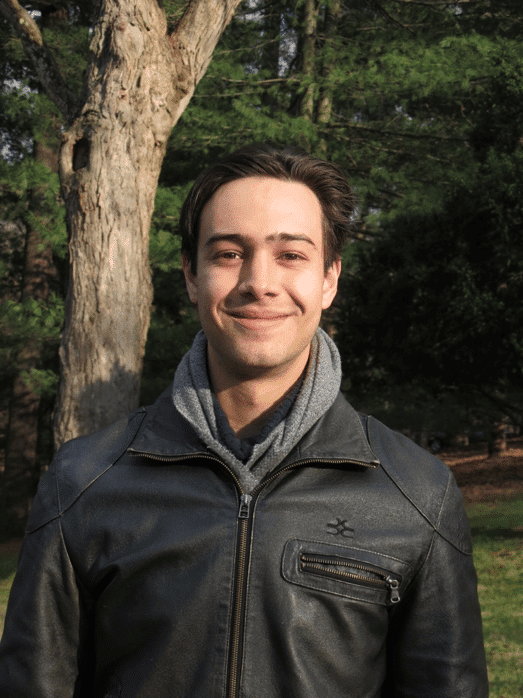
I helped on the weekends, so Ale had Sunday off. She used to say that without that day off, she would have been the one that needed a complete program.
Matias’ improvement was extraordinary
After we started the intensive program, Matías’ improvement was extraordinary. One important achievement was that he was no longer ill. We left behind the worrisome medicines. For the first time in his short life, Matías was healthy.
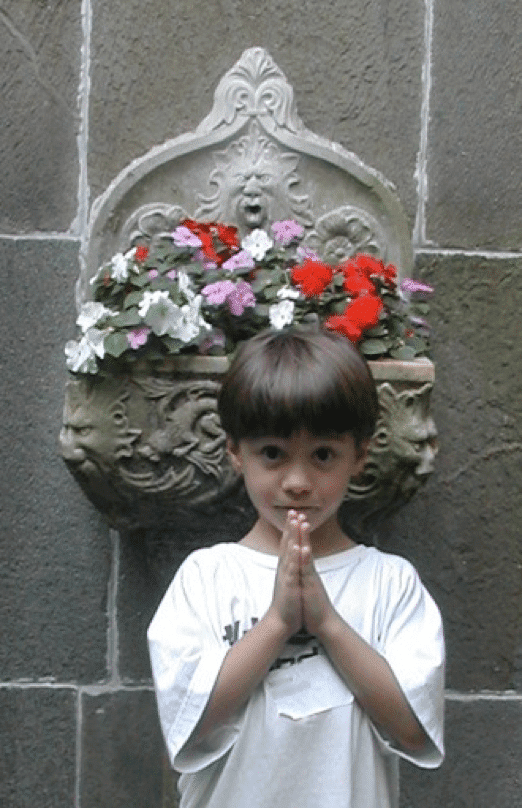
Then, as if by magic, Matías suddenly started talking. The words he used were ever more sophisticated and his retention increased enormously. He loved math, and he could tell the difference between 72 and 76 dots in an instant. He made presentations for the family and left us speechless with classification of plants and animals that nobody knew.
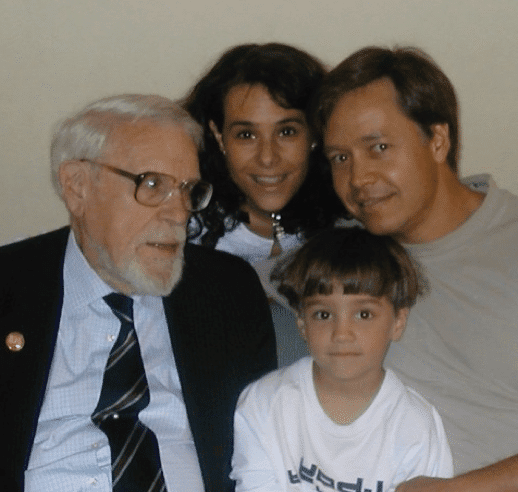
Intellectual and social growth
Suddenly he was having conversations, and was adding, subtracting, and using the Cartesian Plane like no one his age could. His greatest achievement, judging from his enormous joy, was that he was able to make friends. Finally, other children wanted to play with him. No longer did tactile and auditory hypersensitivity curb him from socializing.
The Institutes granted him consistent health victories and his neurologic growth was 600% every six months.
We were delighted with his improvement and with the chance to look inside a world he had been unable to share with us. He became extroverted, funny, and positive.
His favorite programs were gymnastics and brachiation. He made 30 trips forward, backward, twisting, and turning, like a circus acrobat. His gymnastics presentations made him feel important, and he was meticulous about preparing them.
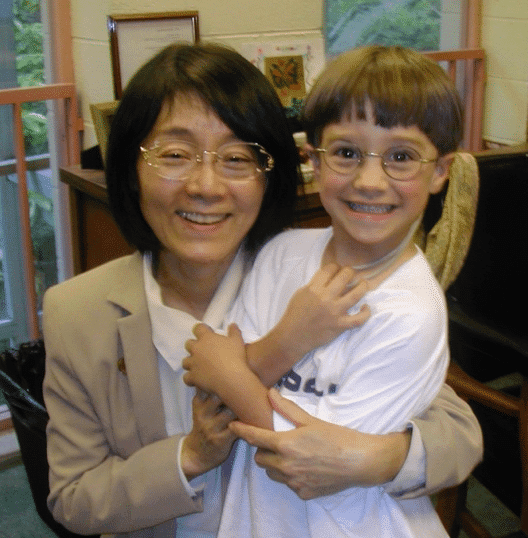
Then one day, before his eighth birthday, Miki Nakayachi told us that Matias’ next program would be going to school. (Miki, his advocate – to whom we will be forever grateful – is a person with a superior human quality, like many staff of the Institutes.)
Matias is ready to attend school for the first time
It was a shock for us. Was he ready? Were we ready as a family? We almost begged for another year of program. The growth, security, and well-being of our child had taken place under the umbrella of The Institutes. Leaving that umbrella was scary – but not so for Matías, who proved that he was more than ready to meet the outside world.
The admission tests, which seemed impossible to pass, were no longer an obstacle. He was accepted into second grade, but we decided to enroll him in first grade to strengthen his social abilities.
Ale will never forget his first day of school. He woke very early and was eager to leave home, dressed in his school uniform and carrying a backpack. He was radiant and ready to separate from his mother and test himself against the world.
In primary school he got B’s and B+’s, and the occasional A. His priorities were having friends, playing the guitar, and playing soccer.
Through hard work and persistence Matias achieved his goals
Through primary and high school though, he struggled with his ability to analyze and synthesize information. With extra work and dedication, he overcame this too and reached his goals. He writes beautifully and gives passionate and well-structured speeches, something the best neurologists had told us he would never achieve.
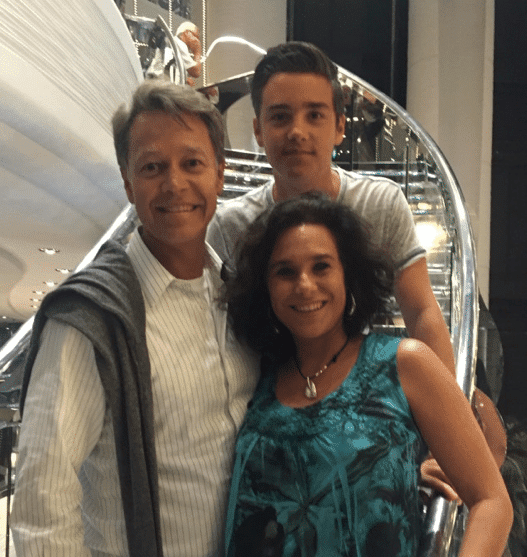
He is just about to turn 20 now and is very persistent, responsible, loving, and compassionate.
Soon he will begin to study Economics at University
The adventure continues for him, although with better tools than at the beginning of his journey. He speaks two languages, writes songs, is surrounded by friends that appreciate him greatly, and has a beautiful girlfriend who loves him very much. He traveled and worked over the last five months and will begin studying Economics next January.
He is one of the happiest people we know, because he enjoys both the good experiences and the bad ones, too.
We are grateful for every instant that life grants him.
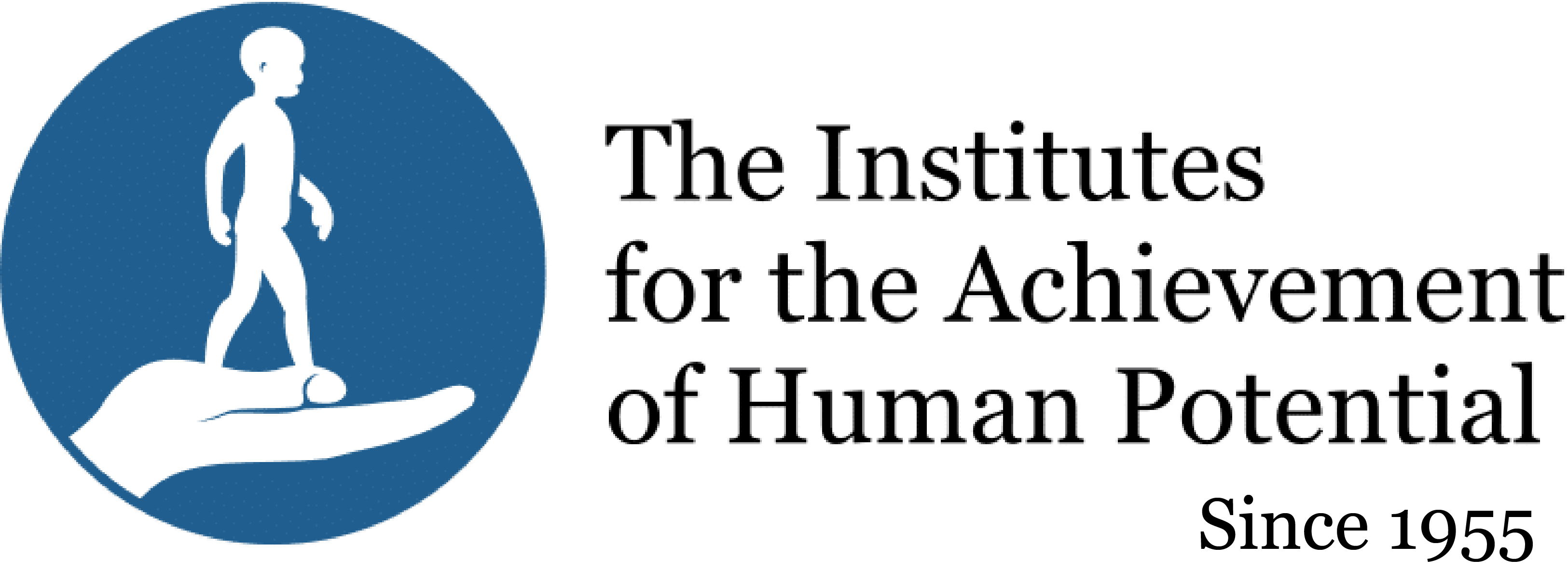
 Donate
Donate


